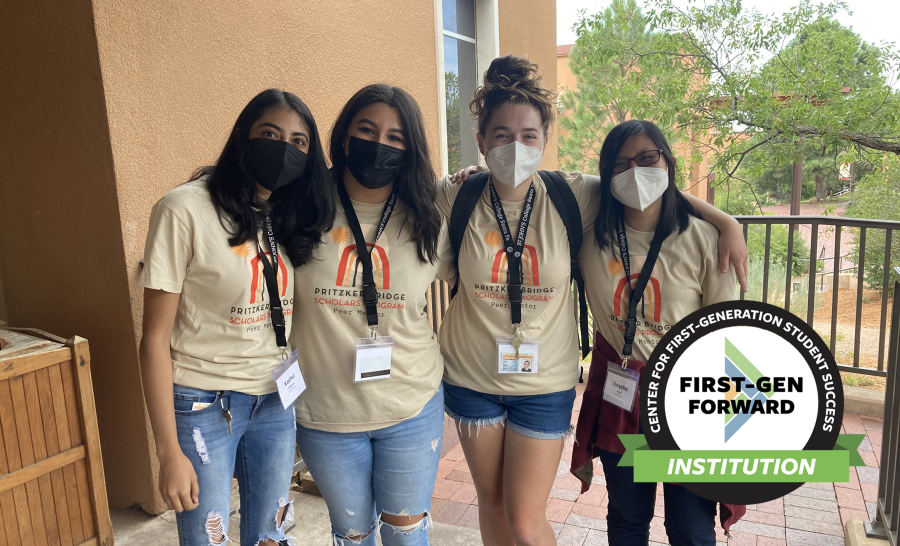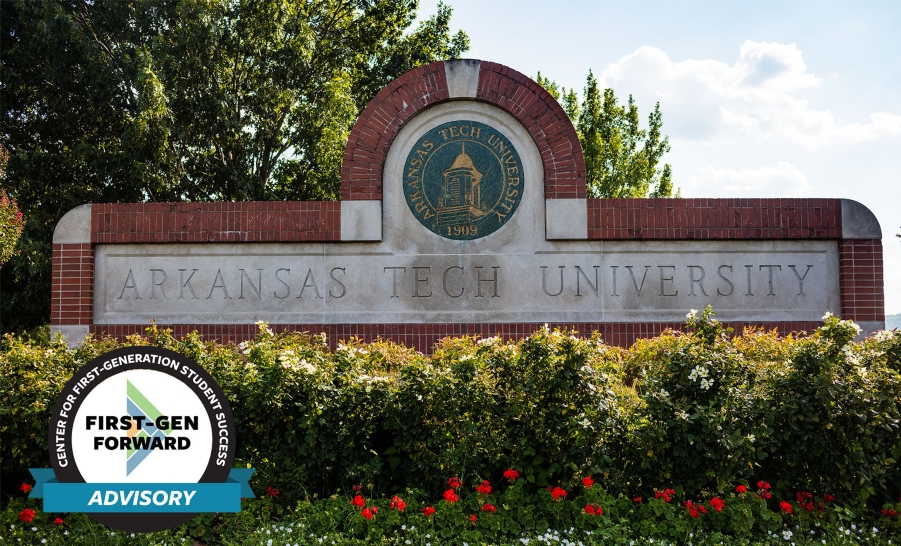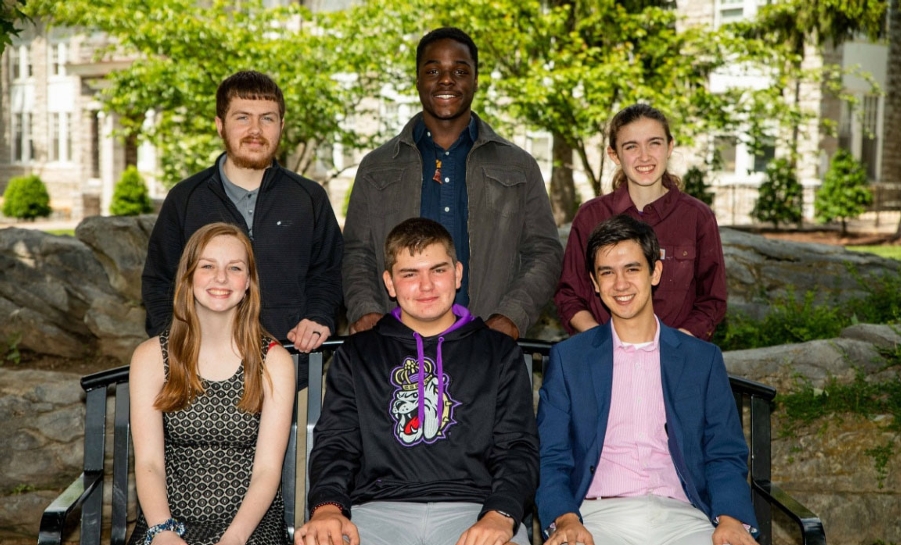Managing Expectations: Academic Journeys of First-generation College Students
Mito Diaz-Espinoza Ph.D., Baylor University / FirstGen Forward / December 30, 2019

In my experience, working with and researching first-generation college students, a topic that reoccurs is one that I have come to dread: What are you going to do with your major? For some first-generation college students that is a loaded question and can have far-reaching implications for their success and well-being.
For many reasons the idea of higher education and obtaining a degree has shifted in focus from learning to earning. The utilitarian view of higher education seeps into discussions held with students with their guidance counselors, college recruiting staff, and friends or family. With the expanding cost of higher education and the ever-present headlines about the student debt crisis, the question of “Is college worth the cost?” has become more of a focus. Many of the first-generation college students I work with focus majors in these areas: medical school/health careers, business, law, or engineering/technology. While these are all wonderful fields to get into, I feel first-gen students are drawn or pushed into these areas because of the perceived ‘value’ or earning potential.
Some first-generation college students are viewed and treated as the potential ‘savior’ of their family, friends, or community. Especially students from low-income areas, immigrants, or children of immigrants. Families and communities consider the sacrifices made for the education of these students as a means to an end. The expectations placed on these students to earn money to help support their families or communities create added stress and distort the college journey. Students I work with share stories of their family or friends talking about all the things the student’s future financial successes will solve, such as buying a new house, investing in businesses, funding retirement, or paying off debts.
These expectations often prevent first-generation college students from exploring the wonderful opportunities in front of them at their colleges and universities. They may feel they are unable to dream or explore because those paths do not lead to lucrative careers so learning for the sake of learning or exploring the life of the mind are not viable options. Students may show excitement or talents in research or a liberal arts major but are deterred from those pursuits because their families will say that teachers or writers do not make enough money or they are told to make any money in those areas they have to invest in more money and years in school for advanced studies which they cannot afford.
First-generation college students often struggle to adjust to their new environments, from making friends with roommates to learning the new language or lingo of college or adjusting to living on their own for the first time. The added pressure of earning enough money in a career to justify the costs of higher education can often be too much and cause many students to quit because they believe anything less than a 6-figure income is a failure. As educators it is our responsibility to dismantle these toxic ideas and support the academic pursuits of our first-generation college students.





